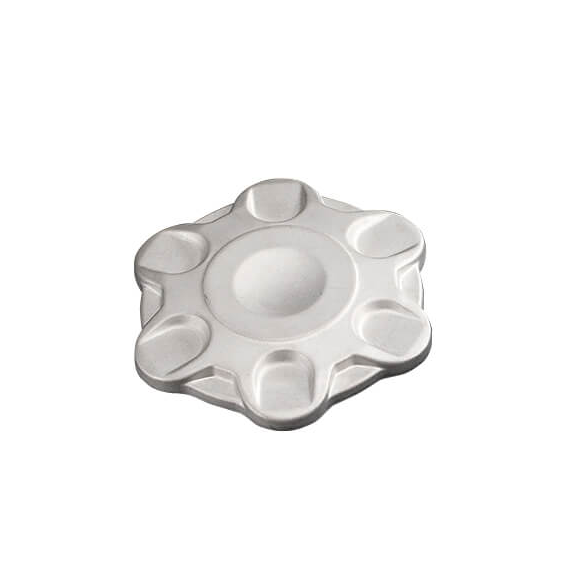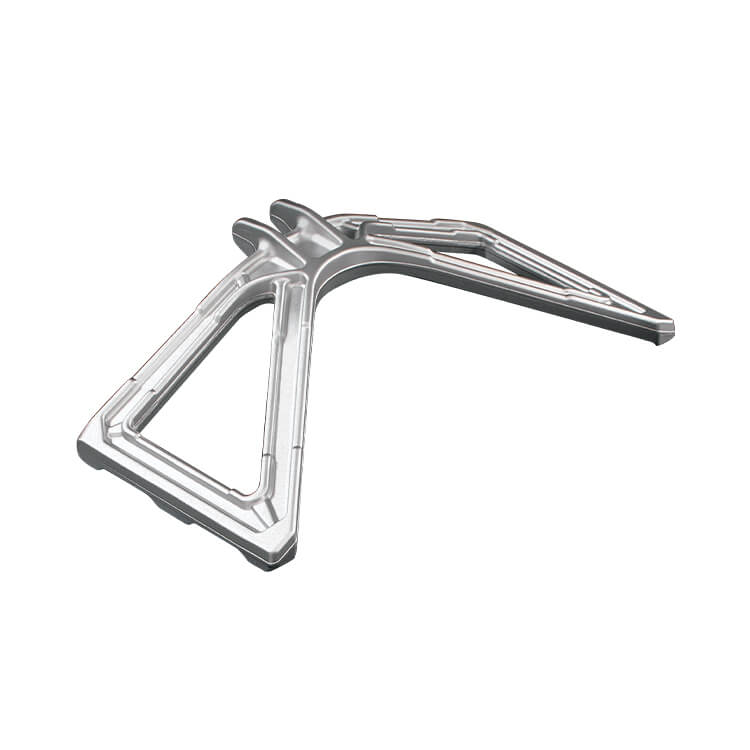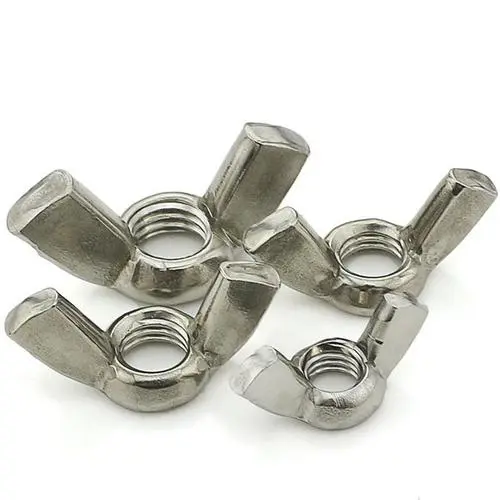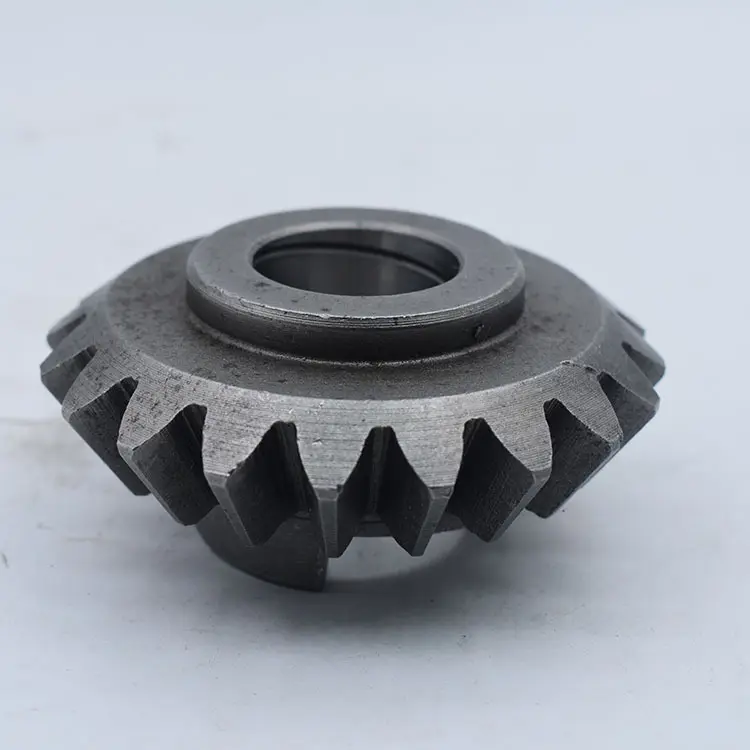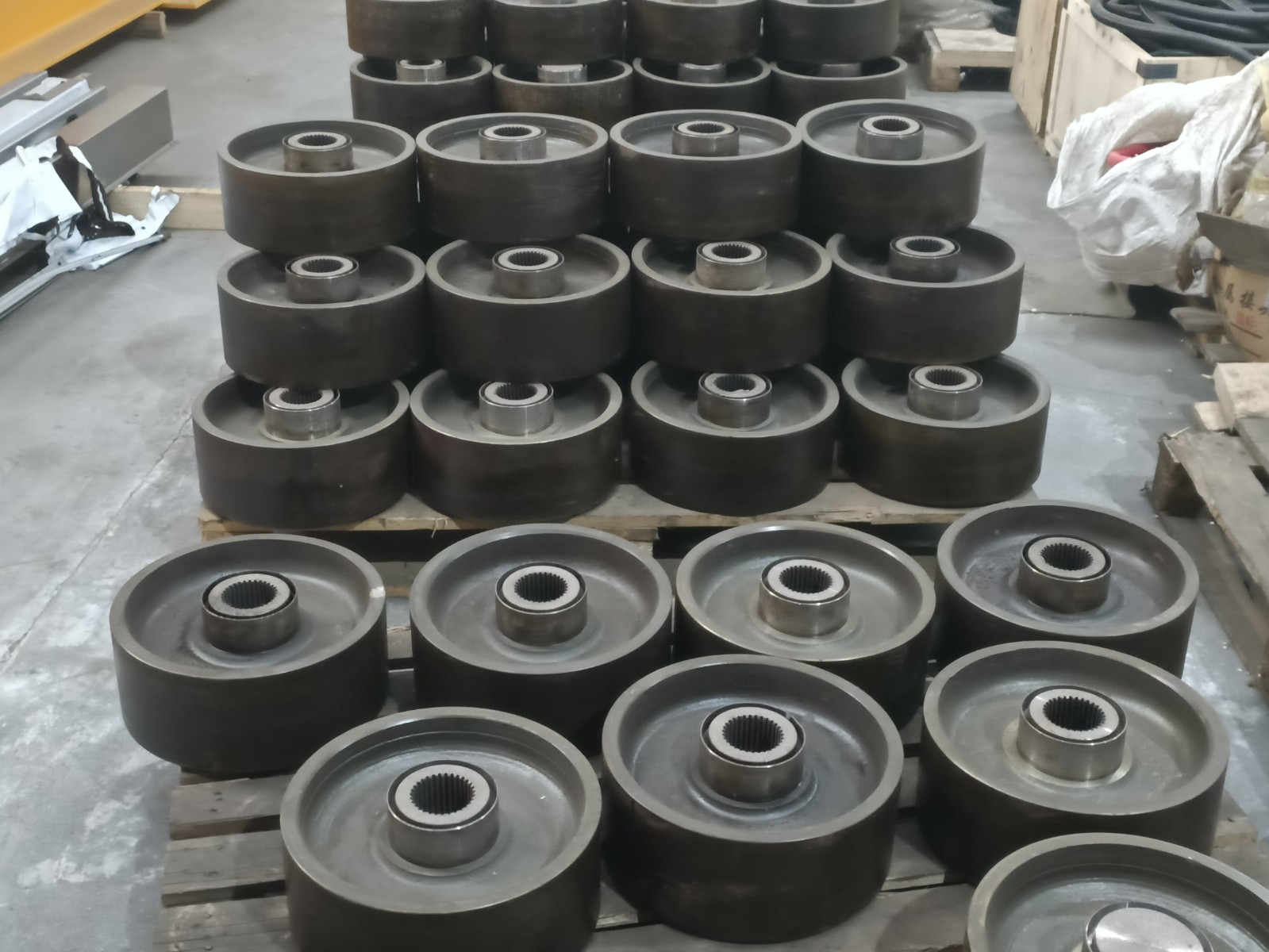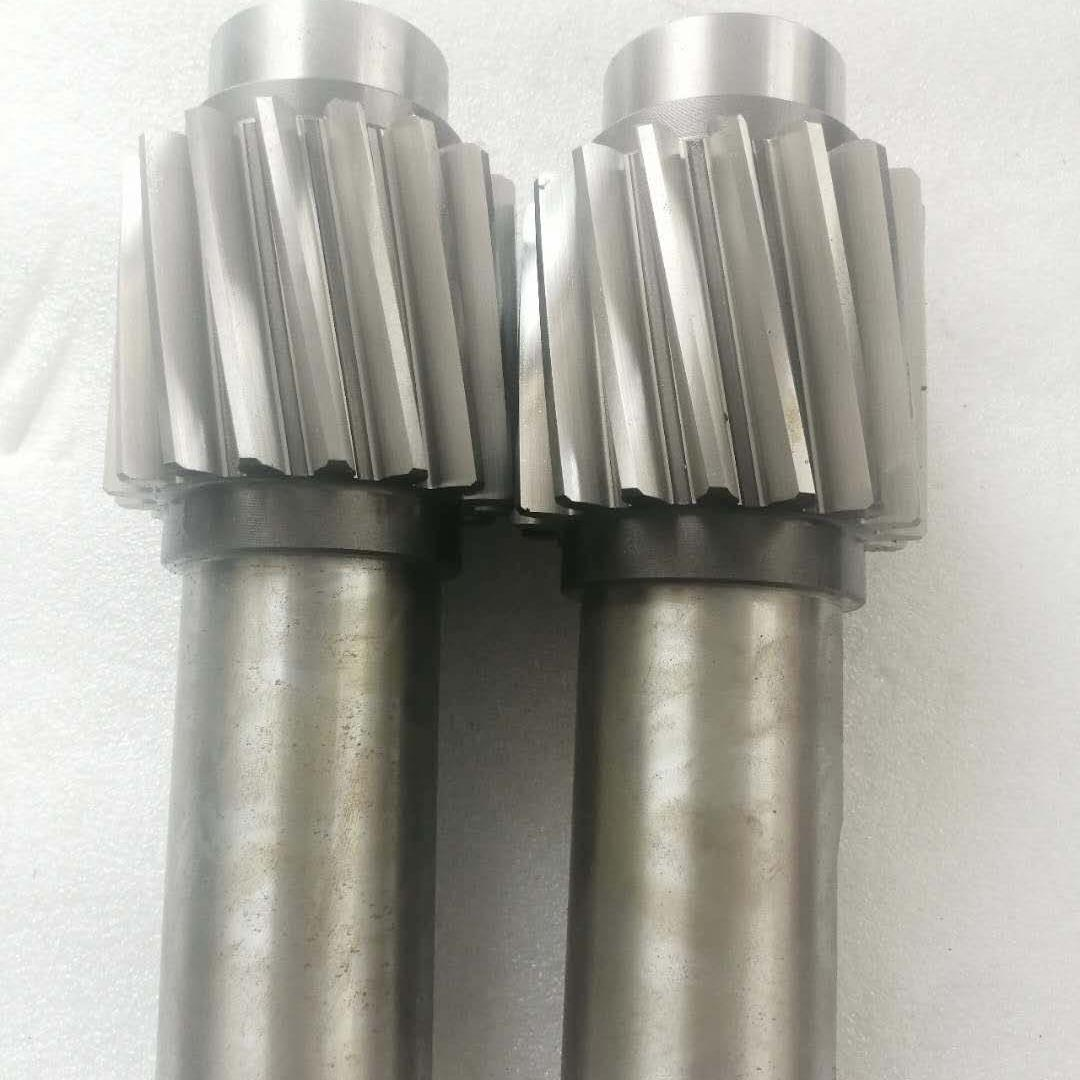Forged Components for Automotive Industry
In the automotive industry, forging is a widely used manufacturing process used to produce various components. The forging process helps adjust the grain structure of the metal, making the part more resistant to fatigue, impact and wear.
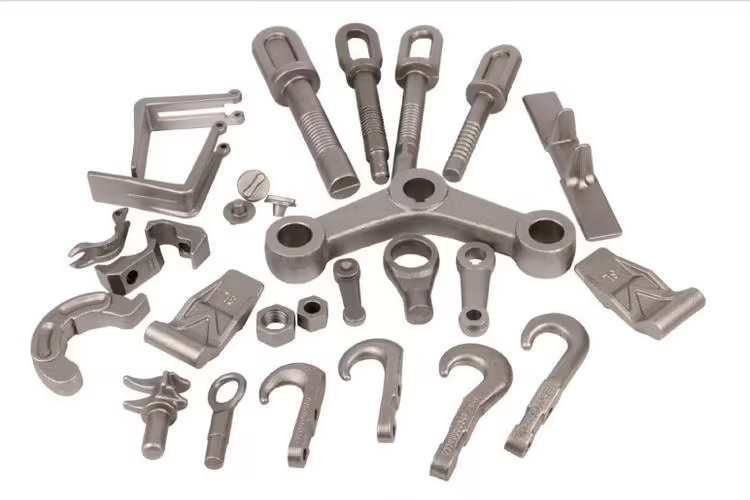
Common Forged Parts
● Crankshaft: The crankshaft is the key component of the engine that converts the up and down reciprocating motion of the pistons into rotational motion. Crankshafts are usually produced by forging to ensure their high strength and fatigue resistance.
● Connecting rod: The connecting rod is the part that connects the crankshaft and the piston in the engine, and it bears huge tension and friction. Connecting rods are often manufactured by forging to ensure their strength and rigidity.
● Gears: Automotive gears are used to transmit power and realize the conversion of different speeds and torques. Some high-load and high-speed gears are usually manufactured by forging to improve their strength and wear resistance.
● Cylinder Block: The cylinder block is one of the main components of the engine, housing the pistons and cylinder head, and providing the combustion chamber. In order to meet the working conditions of high temperature and high pressure, the cylinder block is usually forged to improve its heat resistance and pressure resistance.
● Hub: The hub is a component that connects the wheel and the vehicle suspension system, and bears the weight of the vehicle and the impact of the road. In order to meet the requirements of high strength and durability, the hub is usually manufactured by forging process.
● Suspension arm: The suspension arm is a key component in the vehicle suspension system, used to support the wheel and absorb shock. Suspension arms are often manufactured by forging to ensure their strength and rigidity.
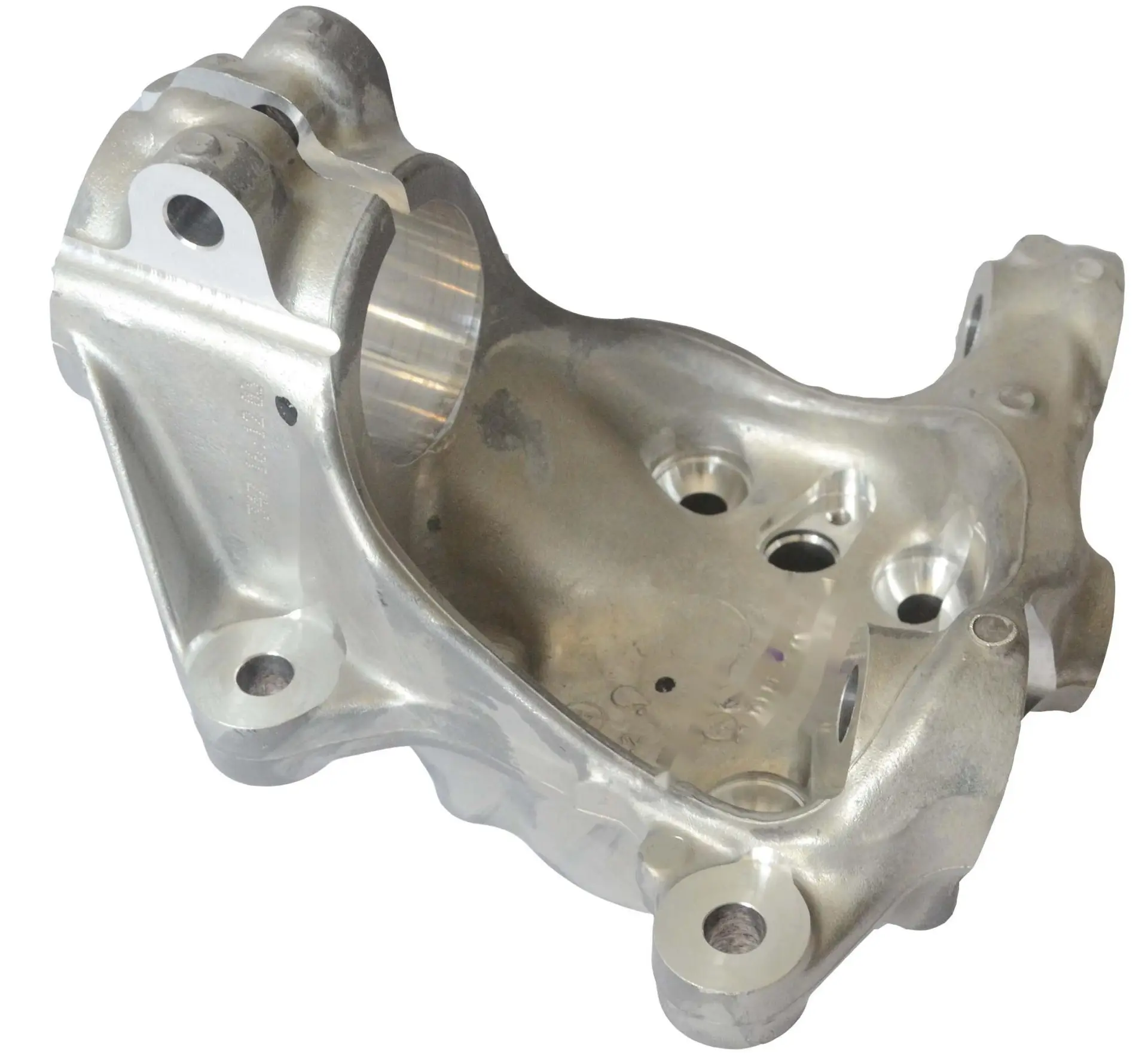
Forging can produce forged auto parts that are stronger than cast or machined auto parts. This is because the forging process creates a grain structure that follows the contours of the part, resulting in stronger forged automotive parts. For strength and reliability, nothing beats forgings. Advances in forging technology have expanded the range of shapes, sizes and properties of forged products to meet a wide range of design and performance requirements.
Forgings are often specified for critical automotive components, such as automotive engine components, when strength, reliability, economy, impact resistance and fatigue resistance are key considerations. Wrought materials provide the required degree of high or low temperature properties, ductility, hardness and machinability. By hammering or pressing metal into the desired shape, forged auto parts have fewer voids and porosity than other processes such as casting.
Die forging can be used to manufacture automotive parts made of almost all metal alloys, including carbon steel, alloy steel, aluminum alloy, stainless steel, etc. With no material limitations, forged auto parts can be manufactured to your exact needs.
Closed die forging methods can produce near-net shapes for all automotive components. As a result, these forged auto parts require little to no machining, saving time and money. The long-term benefits of cold forging automotive components exceed those of casting and machining.
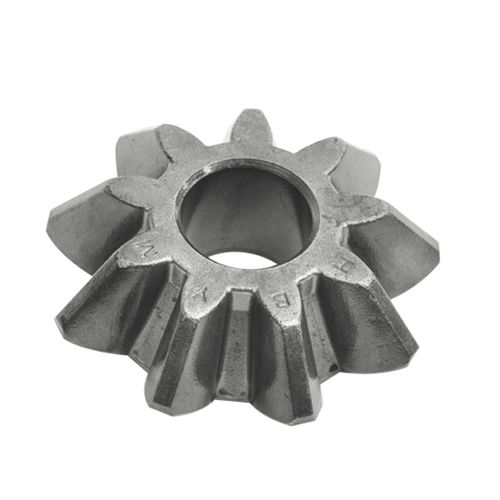
You can order a range of vehicle spare parts from us including splines, spline shafts, spline gears, universal joints and balance shafts. Our high quality forged automotive parts also include connecting rods, shift linkages, knuckles and suspension parts, tie rod ends, ball joint housings, clamp studs, engine parts and door hinges and more.






